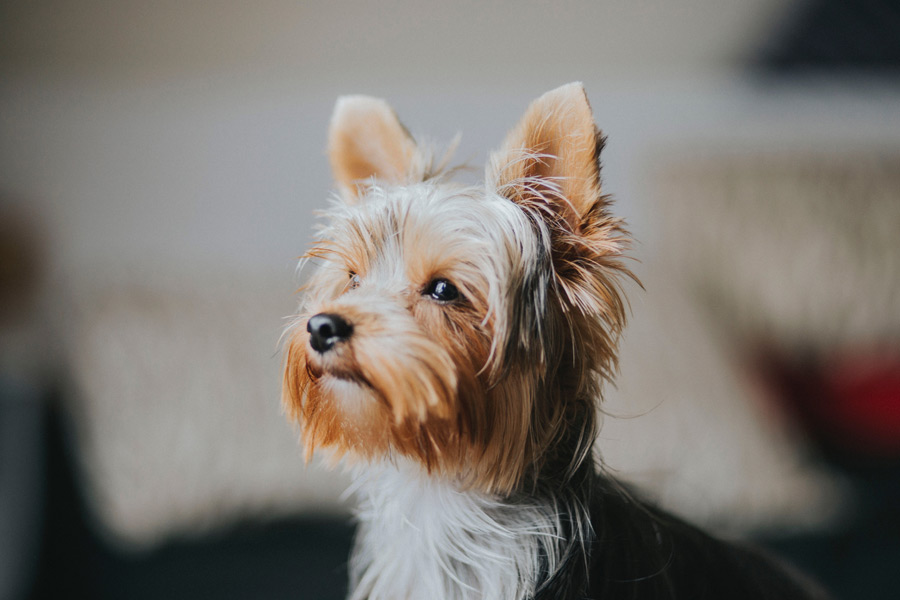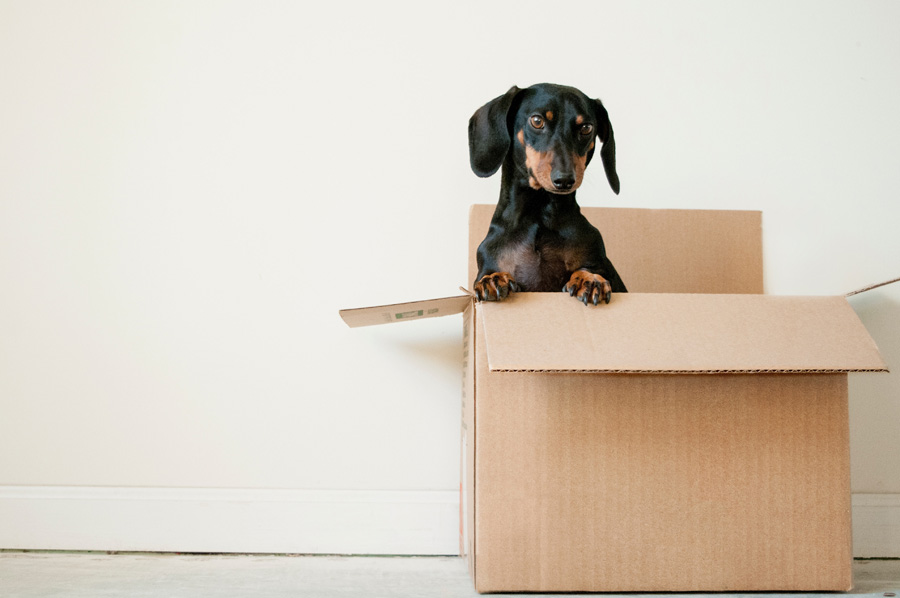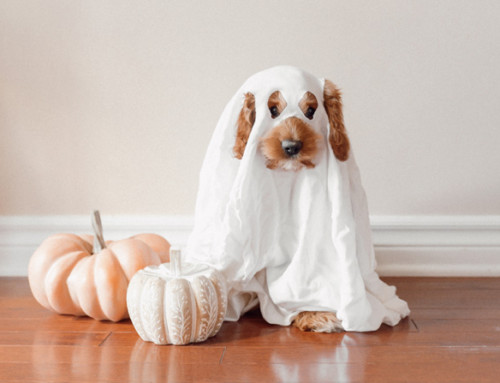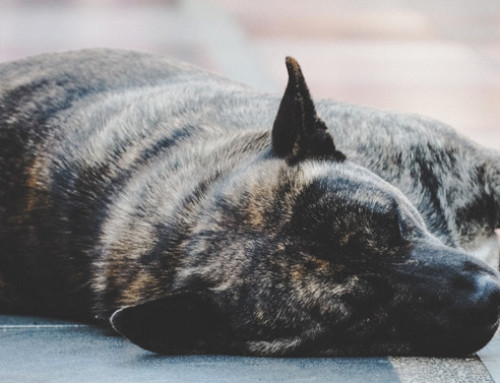Okay, so you’ve decided you want a dog but can you afford a dog? Often prospective pooch owners forget to consider all the associated costs of owning a dog—only to find that the outlay is more than they expected.
It’s fair to say that the cost of owning a dog is more than the cost of owning a cat, by about $5-$10 per week. This might not sound like much, but over the course of a year it can really add up.
Nonetheless, if you’re a true blue dog lover you’re not going to choose to have a cat as a pet just because they’re less expensive.
The key is to do the math and make sure you know how much cash you’re going to need to be a responsible dog owner. Plus, it pays to remember that there’s not just the upfront costs but the ongoing costs too.
To help give you an idea of the cost of owning a dog, we’ve compiled a list of some of the main outlays.
Initial costs of dog ownership
Firstly, there’s the dog. Yes, it may sound obvious but some people actually forget to factor this in. Of course, the cost of a dog can vary greatly from costing you zilch up to $25,000—depending on the size and breed and whether you buy or adopt.
Council registration
This ranges from $40-$150, depending on whether the dog is desexed or not. Keep on reading for more on desexing!
Desexing
According to the RSPCA, desexing can cost $200-$500—depending on the size, age and gender of the dog. This might seem like a big cost but if your female dog was to fall pregnant, consider the cost of microchipping a bunch of puppies.
Microchipping
This is a legal requirement in most states and can cost between $60-$80.
Vaccinations
Just the initial puppy vaccination can range from $70-$100.
Bed or kennel
Prices can start at just $15-$20 for a small pet bed and rise to more than $200 for a designer dog bed. Dog kennels start off at approximately $100.
Collar and lead
Expect to pay anywhere in the region of $20-$100, depending on how fancy you want your lead to be! Plus, don’t forget your pet ID tag.
Worming/flea treatments
According to the RSPCA, ongoing worming and flea treatments can range from $120-$300 per year.
Food and dog bowl: This can range from $20-30 upwards (depending on the type of bowl you want, the size of the dog, and the type of food you wish to feed it).
This is a guide to some of the main upfront costs of owning a dog. Each cost can vary greatly and is influenced by a number of factors; for example, the size of the dog, its breed and age, as well as your preference and likes. Indeed, a plastic dog bowl will cost far less than a designer diamond-encrusted bowl. But each to their own!
Ongoing costs of dog ownership
Veterinary expenses
Health checks, vaccinations, worming and flea treatments can cost upwards of $200 every time you visit the vet.
Food
This can set you back $300-$600, depending on the size of the dog and the type of food he or she eats.
Toys and treats
Expect to fork out upward of $30, depending on how often you spoil your beloved fur pal.
Pet insurance
The average yearly pet insurance premium for dog owners is around $500.
Without a doubt, costs can vary greatly and there’s always going to be those annoying and totally unexpected costs.
It’s important to be smart. Preventative treatments, such as routine vaccinations, vet checks, as well as regular worming, heartworm and flea treatments can help reduce the likelihood of larger vet bills down the line.
Other costs to consider include:
- Obedience training
- Grooming
- Doggy daycare
- Boarding fees, if you’re planning on going on holiday without your pooch.
- Dog walking or pet sitting services
Let’s not forget though, whatever cash you spend on your dog you’ll get back a trillion times over in the form of priceless puppy luurve!
Information source:
RSPCA. Owning a pet: costs. Accessed online June 2020. Via: rspcansw.org.au
Image source: Unsplash.com








Leave A Comment